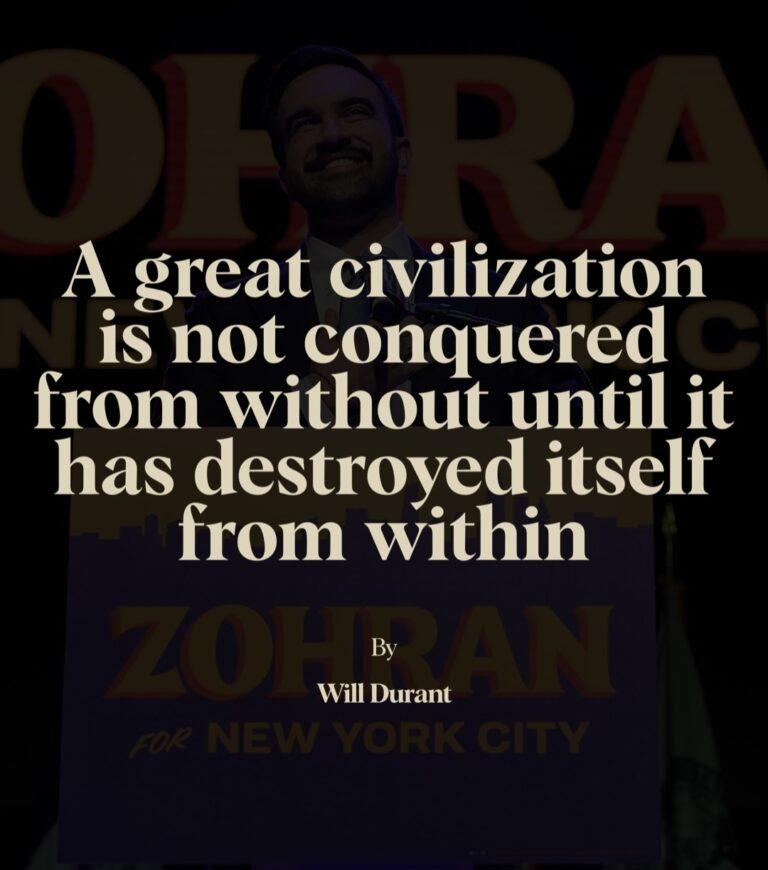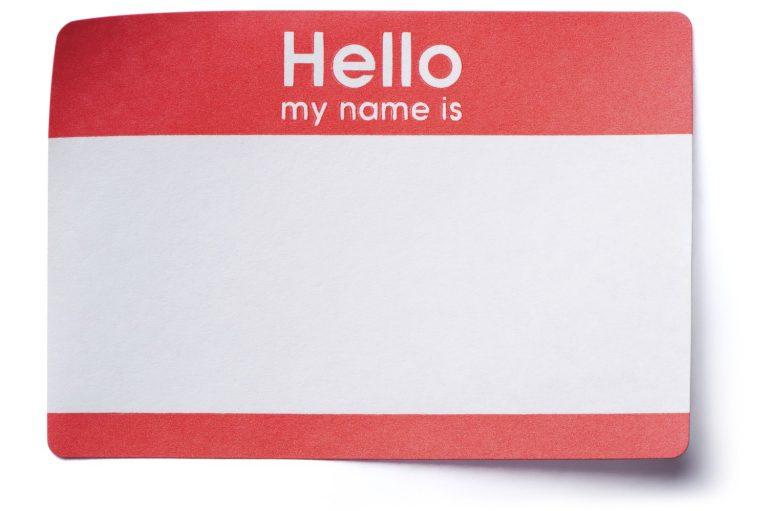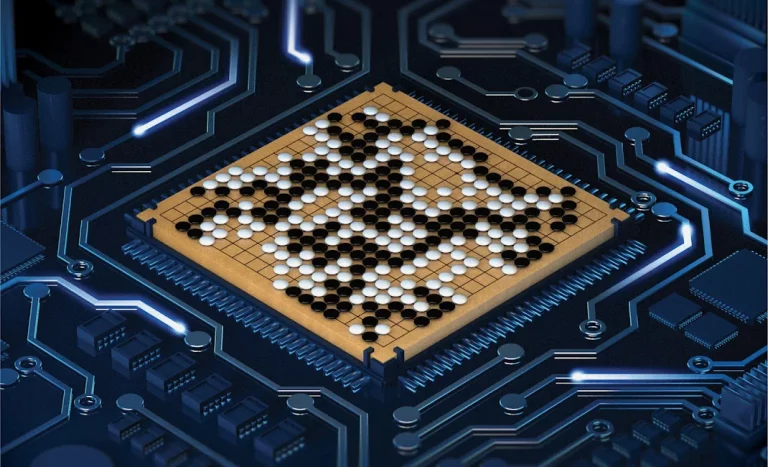The Empathy Trap: Why Society Misjudges the Value of Work
We’re naturally drawn to acts of kindness we can see. Imagine a man at a busy intersection, helping elderly people cross the street. He’s not asking for anything in return, and people walking by can’t help but admire him. “What a noble guy,” they think. His good deed, an act of kindness that tugs at our emotions and makes us believe he’s making a real difference.
Now let’s consider something less obvious: a company that designs and installs traffic signals. The employees here work in logistics, manufacturing, supply chains, and sales. Their jobs seem mundane, and they’re far removed from the emotional reward of helping someone face-to-face. Sure, they’re paid well, but there’s no “noble” aura around them. Their jobs are less glamorous and they are definitely not perceived as true heroes.
But let’s put it in perspective. If this company employs 10,000 people and installs traffic signals worldwide, their work affects the lives of billions. Every traffic light reduces accidents and saves lives. While the man at the crosswalk might help at most few hundred people a day, these employees are keeping millions safe every day. Each worker’s impact is at least 1000x greater, even if it doesn’t feel that way.
So why do we tend to see the man at the intersection as the hero? It’s empathy. We connect with what’s tangible – what’s right in front of us. The direct, one-on-one nature of the interaction helps feel noble, while the behind-the-scenes work at the traffic signal company goes unnoticed. And this is where we often misjudge the true impact of the work.
Feeling good about what you do doesn’t always reflect the scale of your impact. The man at the crosswalk might go home feeling like he made a difference, but the employees designing and fixing traffic systems—though they rarely get that emotional satisfaction—are the ones saving far more lives in the long run.
Not all heroes wear capes. Sometimes, they’re wearing hard hats, sitting in boardrooms, or fixing supply chains. The biggest impact often comes from the work we rarely see—the quiet, uncelebrated efforts that shape the world in ways we take for granted.




